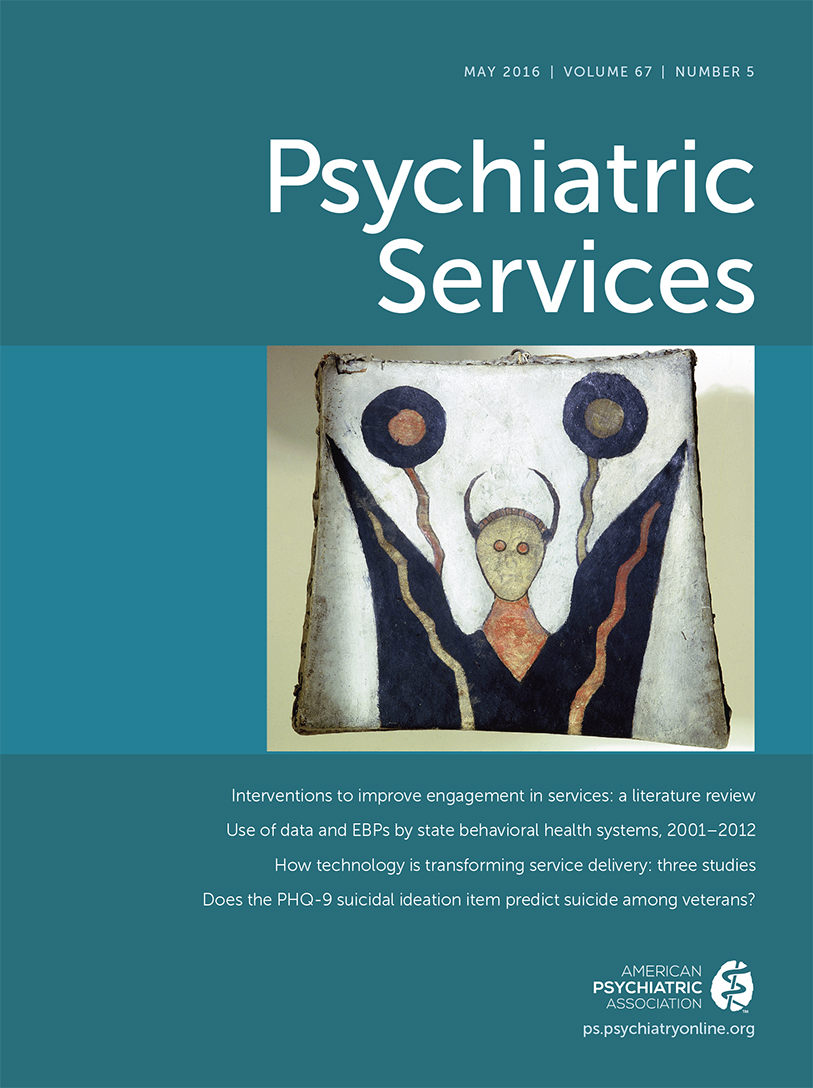Interventions to Increase Retention in Mental Health Services: A Systematic Review
Abstract
Objective:
Several systematic reviews have evaluated interventions that aim to increase mental health service initiation and engagement as well as adherence to pharmacological treatment. No reviews have focused on evaluating these interventions’ effects on retention in mental health services, however, which was the goal of this systematic review.
Methods:
PubMed, PsycINFO, and Social Services Abstracts were searched for studies that met the inclusion criteria. All studies published prior to March 29, 2015, that compared two or more groups on any measure of retention in mental health services were included. Methodological quality was assessed for each included study. An effect size was calculated for each outcome, although a meta-analysis was not conducted because of heterogeneity across interventions. To facilitate narrative analysis, interventions were categorized by targets—the types of predictors of or barriers to mental health service use that the intervention aimed to address.
Results:
Eleven studies met inclusion criteria. The interventions produced medium to large effects on retention outcomes. Many interventions addressed more than one target. Interventions that targeted mental health knowledge, mental health attitudes, and barriers to treatment all enhanced retention in mental health services compared with control groups. Most interventions with those targets had a large effect on retention and relatively good methodological ratings.
Conclusions:
The most effective retention interventions were comprehensive, addressing mental health knowledge, mental health attitudes, and barriers to treatment. The authors recommend that researchers apply relevant theories to refine these interventions and evaluate the interventions by using rigorous methodology and a range of retention outcomes, mediators, and moderators.



